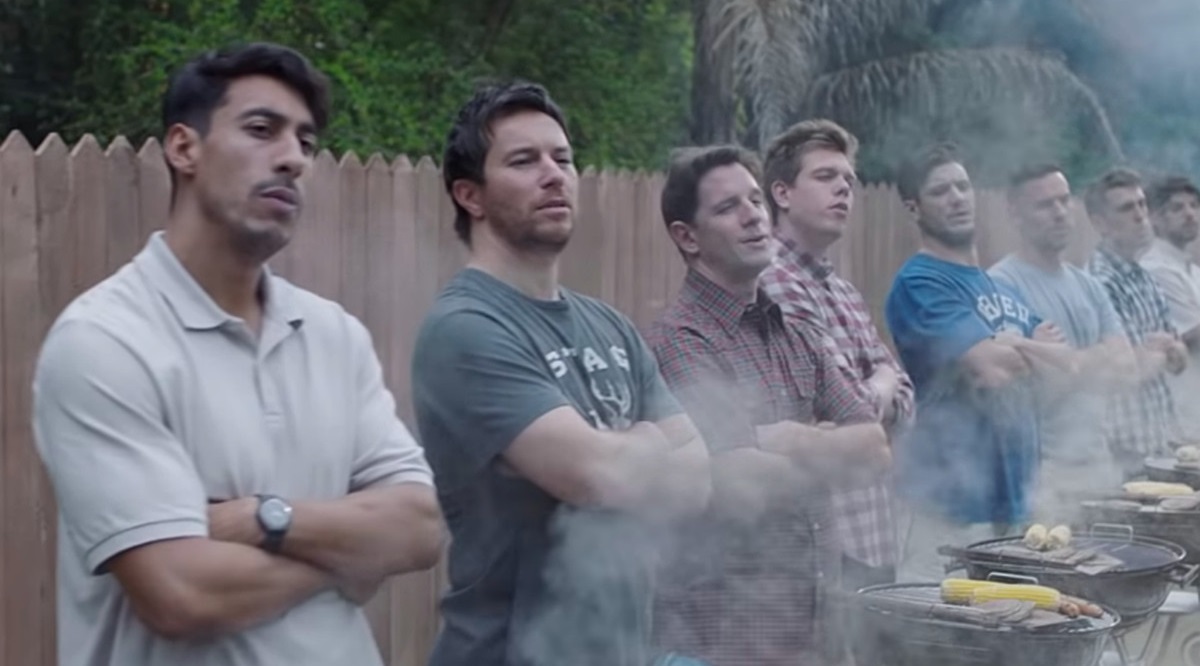We haven’t even gotten through the first month of 2019 and already we’ve witnessed what could turn out to be the year’s biggest marketing controversy. I am, of course, talking about Gillette’s recent ‘The Best Men Can Be’ campaign.
The new ad has caused an absolute uproar on social media, with a huge number of outraged men calling for a boycott of the internationally dominant shaving brand. Meanwhile, on the other side of the fence, progressives have accused these disgruntled men of advocating “toxic masculinity”. So, which is it? Have Gillette messed up big time? Or are these male protestors showing signs of “snowflakery” by taking offense at a plainly positive message?
As is usually the case with such things, there are valid arguments to be made on both sides. So, let’s take a look at what Gillette did well, and not so well...
THE GOOD
- Attempting to influence change
Although they have been accused of caving to media pressure and reinforcing a backwards liberal agenda, it seems to me that Gillette are genuinely trying to effect change with their message that men should strive to be the best possible versions of themselves. Perhaps their message wasn’t presented in the perfect way, but at least they’re putting the message out there.
- Taking responsibility
Traditionally, promotion of men’s products has usually gone for the obvious themes – power, dominance, wealth, success, sex appeal – and Gillette have been very much a part of this movement. But rather than ignoring their history, they have at least made some effort to accept responsibility for their part in all this (of course, the real issue is whether or not you agree that these themes have created a “toxic” version of masculinity).
- Starting a debate
Human society changes – it always has and it will continue to do so until the day it ceases to exist. These changes include the continually evolving values and beliefs which make up the core of public consciousness. When significant changes occur in these values and beliefs, the shift is usually either started or enforced by intense public debate.
Gillette may not have started the debate on toxic masculinity, but they have certainly added significant weight to the issue by speaking out as one of the world’s leading men’s brands. Whether or not you agree with their stance, you have to admire their courage in doing so.
THE BAD
- Poor choice of words
When it comes to advertising, you need to be the master of your message. Therefore, if your campaign’s message is widely misinterpreted, you shouldn’t be too quick to blame your audience. Instead, it’s much more likely that you simply haven’t presented your message clearly enough.
I feel like this is something Gillette is guilty of with their new ad. Case and point: some of the wording they chose was clumsy at best, such as stating that “some men” already behave in an appropriate manner in today’s society. By phrasing it in this way, they implied that most men need to change their ways. Unsurprisingly, this has caused widespread offence – just take a look at the YouTube Likes/Dislikes ratio and comments section.
- Strange depiction of “toxic masculinity”
The commercial depicts a number of scenarios which are intended to be indicative of toxic masculinity, such as violent confrontations between men. However, there are some scenes shown in the ad which, from a storytelling perspective, are odd choices at best. More specifically, there is one scene which shows two young boys fighting at a barbecue filled entirely with adult men chanting, “Boys will be boys,” before being separated by a man (we assume he’s one of the boys’ parents) who supposedly represents the more conscientious modern man.
The problem is that misbehaving is an inherent part of being a child, and correcting that bad behaviour is an inherent part of being a parent. If Gillette wanted to show the harm of toxic masculinity, there are plenty of far more impactful and specific scenarios they could have shown. Instead, they weakened their message and garnered criticism from confused viewers.
